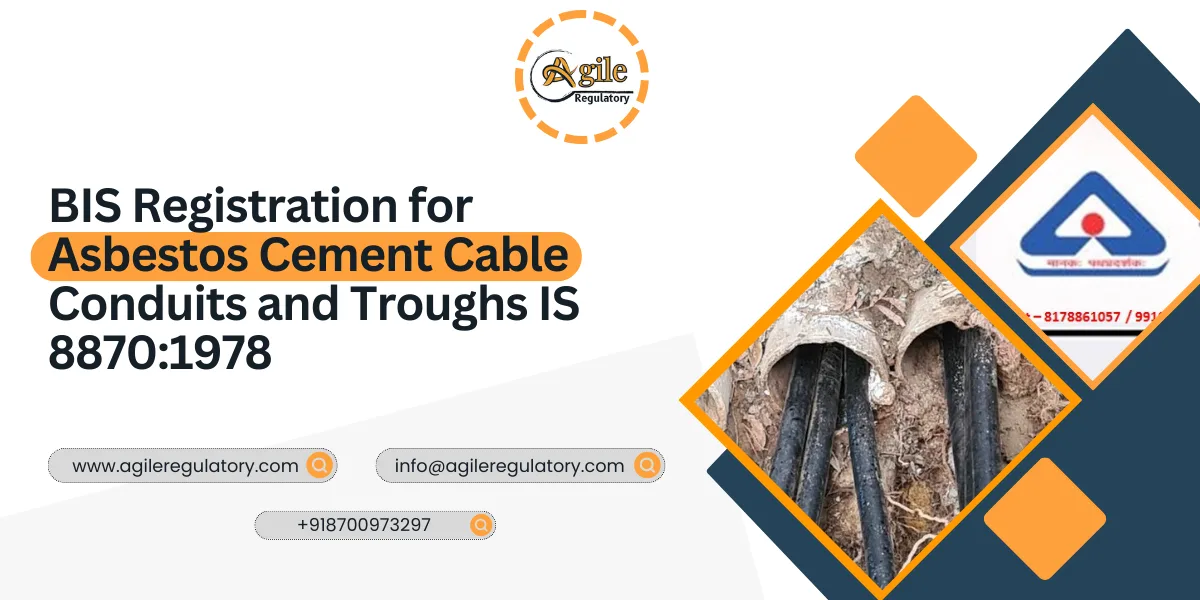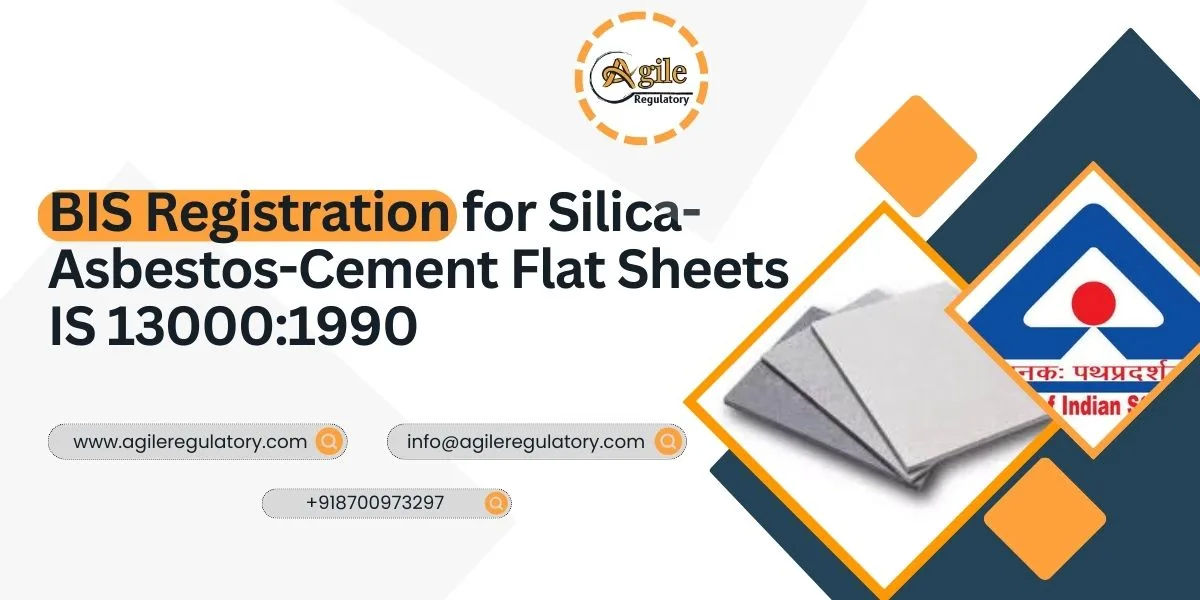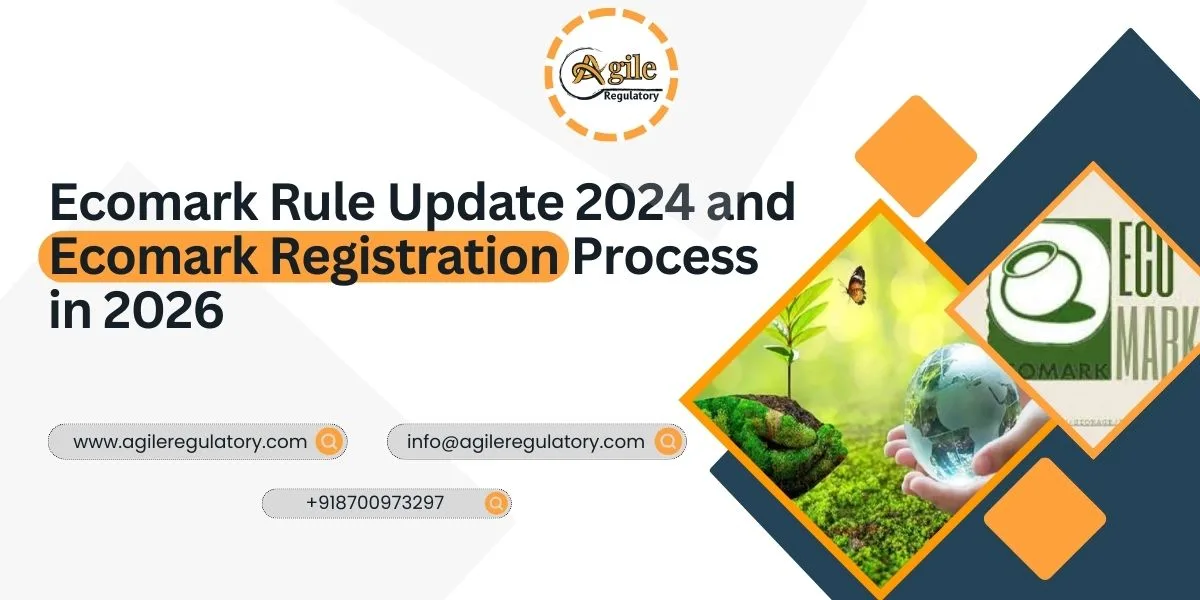
Get Instant Solution By an Expert Advisor
(4.8)


Due to their comfortable use and durability in many applications like water supply, sewage management, and agricultural irrigation, high-density polyethene (HDPE) pipes are in huge demand in India. Bureau of Indian Standards (BIS) has created the ISI Mark Certification to guarantee that these HDPE pipes fulfil strict quality criteria and deliver safe and dependable performance. BIS Certification is evidence of the high calibre of HDPE pipes and is very important in protecting both consumer and environmental interests.
The strength, longevity, and chemical and corrosion resistance of HDPE Pipes are unmatched. Due to their functioning and capacity to bear all types of climatic conditions, Polyethylene Pipes are widely engaged in many range of applications. Additionally lightweight, these pipes are simple to handle and install. However, depending on factors including production techniques, material composition, and standard compliance, there may be significant differences in HDPE pipe quality. To ensure that the pipes are of high quality, the BIS ISI Mark Certification comes into play.
BIS ISI Mark Certification is a mark of quality and safety issued by the Bureau of Indian Standards, a government body responsible for the establishment of standards for various products. The ISI Mark on HDPE pipes certifies that they adhere to the specific quality standards set by BIS. In the case of HDPE pipes, they must conform to IS 4984:2016 standards, which outline the requirements for polyethene pipes for potable water supply.
Identify the relevant Indian Standard (IS) code for the type of HDPE pipe you want to certify. BIS has set standards IS 4984:2016 for HDPE Pipes.
Samples of the HDPE Pipes you want to certify according to the sampling and testing procedures outlined in the chosen IS code. The sample should be sent to the BIS-approved lab for testing.
The testing of HDPE Pipe samples should be conducted by a BIS-recognized laboratory. Verify that the laboratory is permitted to carry out the necessary tests following the BIS requirements.
Prepare the necessary documents, including the application form for BIS certification. This form can be generated from the BIS website or their regional offices.
Deliver the completed application form to the closest BIS regional office or BIS portal, together with the test results and the necessary government payments.
BIS will inspect your manufacturing plant to verify that the product's manufacturing procedures adhere to the established requirements.
BIS evaluate the test reports or other documents provided. If the sample meets the required standards, BIS will grant the certification.
Once the evaluation is completed, BIS will issue the certification for your product. That certificate will indicate that your product conforms and qualifies to the relevant BIS standard.
The applicant will be authorized to use the ISI Mark on your certified product packaging as per the BIS guidelines.
BIS Certification of HDPE pipes in India is important to ensure that these pipes meet stringent quality and safety standards. Manufacturers may show their dedication to producing a high-quality, dependable, and safe product by obtaining a BIS Certification. Customers will feel more confident knowing that HDPE pipes are BIS certified, which is safe to use for a range of applications, such as water distribution and sewage management.

 Vanshika Mathur
Vanshika Mathur
27 Feb, 2026

 Divya Saxena
Divya Saxena
27 Feb, 2026

 Nishi Chawla
Nishi Chawla
27 Feb, 2026

 Nishi Chawla
Nishi Chawla
27 Feb, 2026

 Vanshika Mathur
Vanshika Mathur
26 Feb, 2026

Get Instant Solution By an Expert Advisor
(4.8)
We simplify compliance through a proven 4-step process: Consultation, Documentation, Submission, and certification. From understanding requirements to getting final approvals, we deliver a smooth, timely, and fully compliant journey for your business.
What our customer says about us
Fantastic support from the team. Their expertise transformed our approach, driving remarkable outcomes. A must-have partner for businesses seeking effective consulting solutions. Highly recommended.

KTPL Instruments
Agile Regualtory delivers exceptional solutions. Their insightful guidance streamlined our processes and boosted profitability. Highly recommended for businesses seeking expert consulting services to thrive.

Justrack IOT
Impressed by Agile Regulatory's expertise. Their strategic insights and practical solutions have elevated our business operations. A reliable partner for effective consulting services. Highly recommended for growth-focused businesses.

Coaire Compressor
Extraordinary consulting services. Their insightful solutions and dedicated team reshaped our business, driving remarkable improvements. Highly recommend it for transformative results.

Easy Polymer
Incredible experience with Agile Regulatory. Their innovative strategies and expert advice revitalized our business model, resulting in impressive growth. Highly recommend their exceptional consulting services.

Tarus International
Top-tier consulting! offered strategic solutions that revolutionized our approach. Their deep expertise and personalized guidance made a significant impact on our success. Highly recommend their services.

Anchor Weighing
Agile Regulatory exceeded expectations! Their tailored solutions, expertise, and proactive approach led to remarkable results. Highly recommend for businesses seeking impactful and strategic guidance.

AM Capacitor
Outstanding service! delivered targeted solutions with professionalism and expertise. Their insights elevated our business strategies, resulting in noticeable growth. Highly recommended for exceptional consultation.

Imaxx Pro Aquistic
Leave a Reply
Your email address will not be published. Required fields are marked *